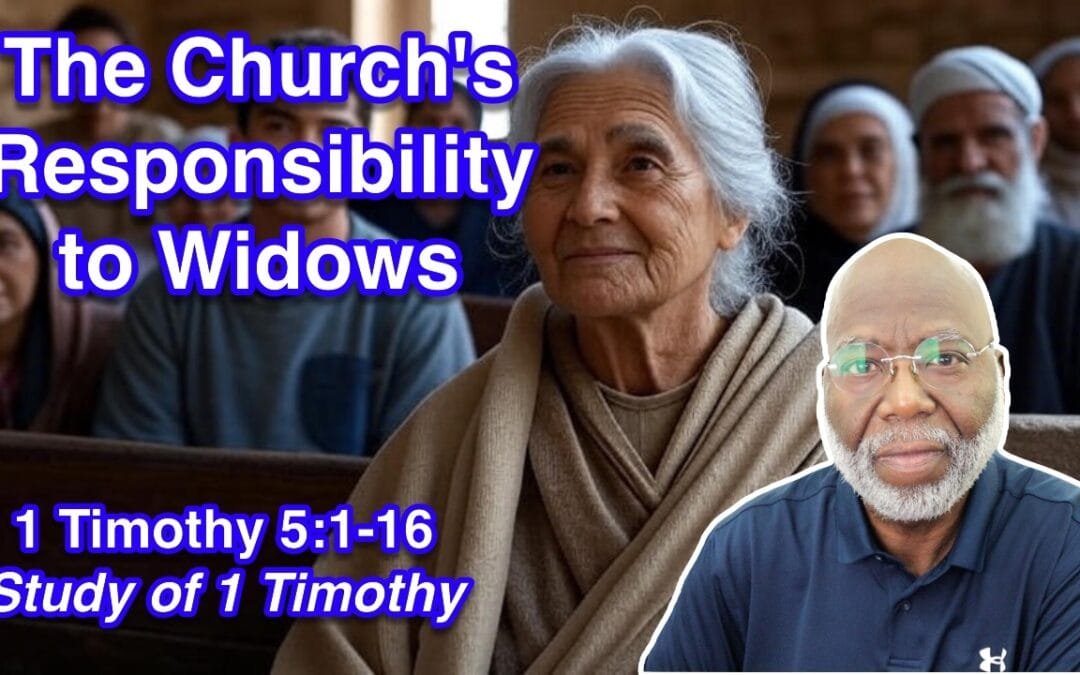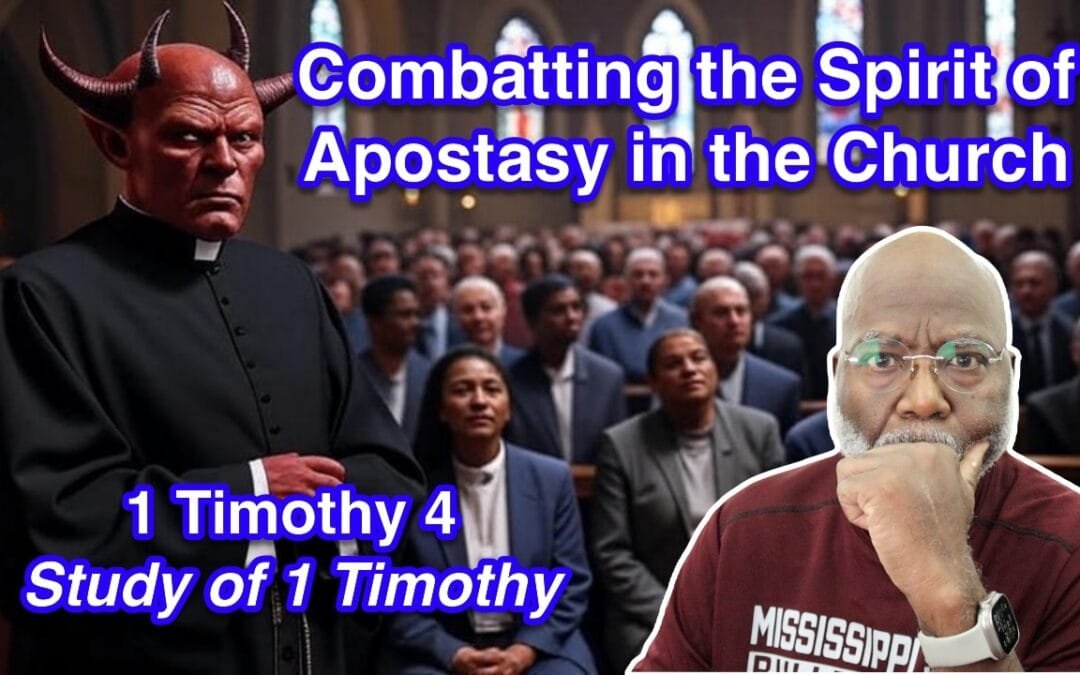
Free Lessons, New Testament, Study of 1 Timothy
1 Timothy 6:11-21, Paul urges Timothy to pursue godly virtues, fight for the faith, keep God’s command blameless until Christ returns, avoid the snares of wealth, be generous, and guard the truth against false teaching.

Free Lessons, New Testament, Study of 1 Timothy
1 Timothy 6:1–10 warns against false teachers who promote godliness for financial gain. Paul urges contentment with basic needs and teaches that the love of money leads to temptation, ruin, and departure from the faith.

Free Lessons, New Testament, Study of 1 Timothy
1 Timothy 5:17-25 instructs church leaders to honor faithful elders with respect and fair compensation, especially those who preach and teach. It emphasizes impartial judgment, public rebuke of sin to deter others, and caution in appointing leaders to avoid sharing in their sins. Leaders must maintain personal purity, and Timothy is advised to use wine medicinally. The passage concludes by noting that some sins and good deeds are evident, while others will be revealed in time.

Free Lessons, New Testament, Study of 1 Timothy
1 Timothy 5:1-16 instructs on treating church members with respect: honor older men as fathers, younger men as brothers, older women as mothers, and younger women as sisters, with purity. The church should support true widows without family, meeting strict criteria (godly, faithful, over 60), while encouraging younger widows to remarry to avoid idleness. Families must care for their own to avoid burdening the church, emphasizing responsibility, discernment, and compassion in providing aid.

Free Lessons, Greek Exegesis, New Testament, Study of 1 Timothy
1 Timothy 4 warns that in later times some will abandon the faith by following deceptive teachings. Paul urges Timothy to reject false asceticism, pursue godliness, and remain devoted to Scripture, exhortation, and sound teaching. He is to be an example in conduct, diligently use his spiritual gift, and persevere in truth, as this will ensure salvation for both himself and his hearers.

Free Lessons, Greek Exegesis, New Testament, Study of 1 Timothy
1 Timothy 3:8-16 outlines qualifications for deacons and women in church roles, emphasizing dignity, honesty, temperance, and faithfulness. Deacons must be tested, blameless, faithful in marriage, and manage their households well, earning respect and confidence through service. The women, possibly leaders, share similar standards. Paul stresses proper conduct in the church, God’s household, and ends with a hymn celebrating Christ’s life, proclamation, and ascension.







